The customs clearance service in India ensures that goods move efficiently across borders, avoiding costly delays or penalties. For both importers and exporters, customs clearance is crucial for compliance with regulations, ensuring that all shipments meet legal standards. The significance of this process extends beyond paperwork—it’s the backbone of a smooth supply chain.
India’s customs clearance process is governed by a strict regulatory framework, which includes customs laws, tariffs, and trade agreements. These regulations help control the flow of goods, maintain security, and protect domestic industries.
Research shows that, “The Customs Clearance Service market was valued at USD 25.57 billion in 2023 and is expected to grow to USD 44.68 billion by 2031, with a CAGR of 7.9% projected till 2031”.
In this blog, we’ll explore the ins and outs of custom clearance service in India and how it ensures seamless operations in an increasingly globalized market.
Key Stakeholders in Indian Customs Clearance
The customs clearance service in India involves a network of stakeholders working together to ensure smooth freight movement. Let’s understand their roles in navigating the process effectively.
- Role of Customs Brokers and Agents: Customs brokers and agents play a pivotal role in managing the intricate paperwork and compliance requirements for sea and air freight. These professionals act as intermediaries between importers/exporters and the customs authorities, ensuring that all necessary documentation is accurate and submitted on time. Their expertise helps reduce the risk of delays, penalties, or rejected shipments, making them an indispensable part of the customs clearance service in India.
- Involvement of Government Authorities: Government authorities regulate customs clearance procedures, particularly the Central Board of Indirect Taxes and Customs (CBIC). They oversee tariff classifications, duties, and compliance with national and international trade law. Their involvement ensures the legal flow of goods while protecting national interests, enforcing security measures, and upholding trade agreements.
- Interaction with Logistics and Shipping Companies: Logistics and shipping companies work closely with customs brokers and government authorities to coordinate the movement of goods. From managing cargo at ports and airports to ensuring timely delivery, these companies rely on the customs clearance service in India to prevent bottlenecks. Smooth interaction between all parties is important to maintaining supply chain operations.
If you’re an exporter looking for a seamless shipping solution from India to the USA, Intoglo offers comprehensive door-to-door FCL shipping that include the following:
- Everything from origin pickup to customs clearance at both ends
- Custom bond services
- Last-mile delivery in the USA.
- PAN India pickups within 24 hours
- End-to-end shipment visibility
- In-house compliance and pre-screening
- Customer support in both India and USA time-zone
We ensure your shipments are in expert hands from start to finish. Whether handling customs or managing the logistics of your freight, Intoglo provides reliable services tailored to your needs.
Processes Involved in Sea Freight Customs Clearance
Navigating the sea freight customs clearance process is essential to ensure smooth and timely international shipments. The customs clearance service in India for sea freight involves several key steps, vital in keeping the supply chain moving efficiently.
- Documentation Required for Sea Freight: Proper documentation is crucial for seamless customs clearance. For sea freight, you will need the Bill of Lading, Commercial Invoice, Packing List, Shipping Bill (for exports), or Bill of Entry (for imports), and any relevant permits or licenses, depending on the type of goods being shipped. These documents must be accurate and complete to avoid delays in the customs clearance process.
- Customs Procedures for Import and Export: The customs clearance process involves specific import and export procedures. For imports, after the cargo arrives at the port, a Bill of Entry is filed, duties are calculated, and goods are inspected before release. A Shipping Bill must be filed for exports, and the goods are assessed to ensure they comply with export regulations. Customs officials will also check if the necessary duties and taxes have been paid before releasing the goods for export or import.
- Role of Shipping Lines in Sea Freight Clearance: Shipping lines play a key role in coordinating the movement of goods and handling logistics at the ports. They provide the Bill of Lading, which is necessary for customs clearance, and work closely with customs agents and brokers to ensure that all procedures are followed correctly. Shipping lines also coordinate with port authorities to manage cargo loading and unloading, ensuring that goods are processed as efficiently as possible.
Each step in the customs clearance service in India for sea freight requires precise coordination between multiple parties to ensure goods move swiftly through customs without unnecessary delays.
Also Read: Overview of Inland Container Depots and Dry Ports in India
Challenges in Customs Clearance for Sea and Air Freight
Customs clearance for sea and air freight can be complex, often leading to challenges affecting shipping timelines, costs, and compliance. Understanding these hurdles can help businesses anticipate potential issues and take proactive measures.
Common Regulatory Challenges
Regulatory compliance is one of the biggest hurdles in customs clearance. India has a stringent regulatory framework, and any misstep in documentation or classification can result in penalties or delays.
For example, incorrect tariff classification or undervaluation of goods may lead to fines or shipment seizures. In the customs clearance service in India, businesses often face challenges in keeping up with documentation requirements such as product certificates or specific permits, especially for restricted goods like electronics or pharmaceuticals.
If you are an electronics importer whose shipment was delayed by weeks due to misclassification of goods, it might result in substantial financial losses.
Delays and Their Causes
Delays are a frequent challenge in customs clearance and can occur for various reasons. One common cause is incomplete or inaccurate documentation. For instance, a missing Commercial Invoice or incorrect details on the Bill of Lading can stall the entire process. Another issue is congestion at major ports or airports, which can cause processing delays, particularly during peak seasons.
The pandemic’s arrival in early 2020 caused significant disruptions in maritime shipping, with major Indian ports witnessing a 19.8% drop in total trade volume during the April–June quarter of that year. Such delays can disrupt supply chains, increase demurrage charges, and ultimately affect a company’s bottom line.
Impact of Changing Regulations and Policies
Customs regulations and policies are constantly evolving, creating uncertainty for businesses. Changes in tariffs, import/export restrictions, or international trade agreements can have a significant impact.
For example, after implementing India’s Goods and Services Tax (GST), many businesses experienced confusion and delays as they navigated the new tax framework. Similarly, changes in U.S. trade policies have affected companies shipping from India to the U.S., causing unexpected costs and clearance issues. Staying up-to-date with policy changes is crucial to avoid disruptions in the customs clearance service in India.
Technological Advancements in Customs Clearance
Technological innovations are transforming the customs clearance landscape, making the process faster, more efficient, and less prone to human error. These advancements are helping businesses streamline their operations and comply with ever-evolving regulations.
- Use of Digital Platforms and E-filing: One of the most significant advancements in customs clearance is the adoption of digital platforms and e-filing systems. These platforms allow importers and exporters to submit documentation electronically, reducing the need for physical paperwork and speeding up the clearance process.
In India, the Indian Customs Electronic Gateway (ICEGATE) system enables the electronic filing of import and export declarations, making custom clearance more accessible and efficient. This eliminates the manual processes and common errors associated with physical forms.
- Role of Blockchain in Streamlining Processes: Blockchain technology is increasingly used to enhance transparency and security in customs clearance. Blockchain provides a decentralized and tamper-proof ledger of transactions, ensuring that all parties involved in the supply chain, including customs officials, shippers, and brokers, have access to accurate, real-time data.
This helps reduce the risk of fraud and ensures that goods are processed quickly. In cross-border shipping, blockchain has the potential to cut down on delays caused by discrepancies in documentation, thus improving the overall efficiency of the customs clearance service in India.
- Automation and Its Impact on Clearance Efficiency: Automation is another key advancement reshaping customs clearance. Automated systems use artificial intelligence (AI) and machine learning to analyze data, assess risks, and process customs declarations faster than traditional methods.
These technologies help customs authorities prioritize shipments for inspection based on risk profiles, reducing unnecessary delays. For businesses, automation simplifies the customs compliance process and improves clearance speed, leading to cost savings and fewer disruptions.
Intoglo’s AI-powered HS Code Scanner
Intoglo is at the forefront of innovation in customs clearance services as technology continues to evolve. Intoglo offers an AI-powered HS Code scanner for exporters, allowing businesses to get accurate HS codes and tariff information instantly. Simply upload a picture of your product, and the tool will automatically classify it under the appropriate HS Code, saving time and reducing the risk of misclassification.
This advanced tool is designed to simplify customs documentation and ensure compliance with international regulations, making the customs clearance service in India even more efficient.
Conclusion
Understanding the key processes, from documentation to compliance with evolving policies, for custom clearance services in India can help businesses avoid delays and penalties. The involvement of customs brokers, government authorities, and shipping lines ensures that goods are processed efficiently. Technological advancements like digital platforms, blockchain, and automation are revolutionizing customs clearance, making it faster and more reliable.
Intoglo ensures smooth and efficient cross-border shipping, along with 10 free days in the USA, own CFS space at all major ports and ICDs, trans-loading facilities, and customized solutions for faster TAT or any special requirement.
Intoglo operates from all major Indian ports, including Nhava Sheva, Mundra, and Pipavav, as well as key ICDs like ICD Garhi, ICD Tughlakabad, ICD Chawapayal, and ICD Dadri. Offering pan-India pickup, Intoglo serves all major dry and wet ports across the country.
Get started today with Intoglo’s AI-powered HS Code scanner to classify your products and streamline your customs processes instantly!


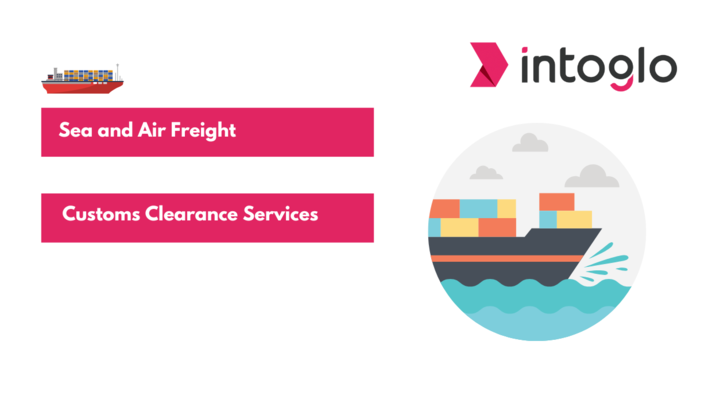
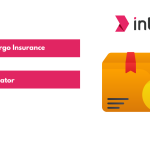
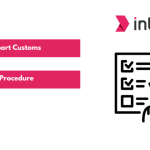
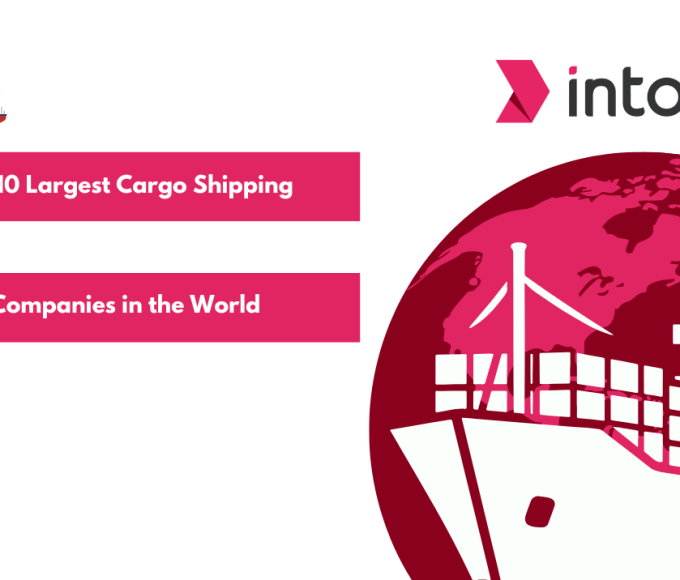
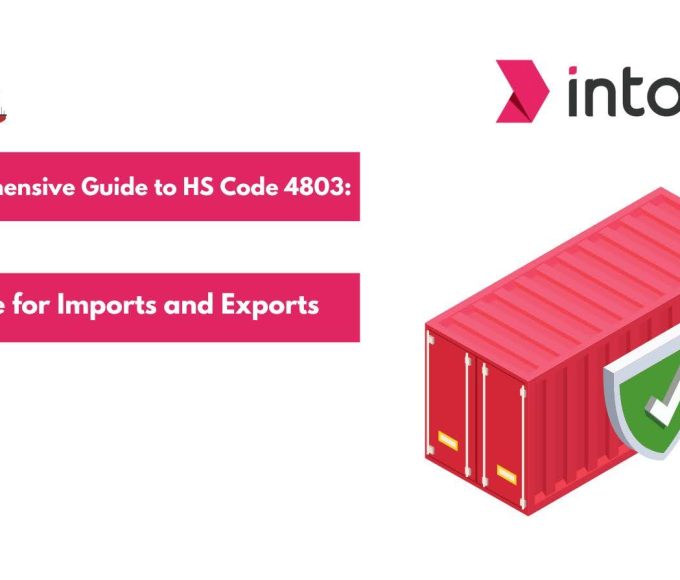
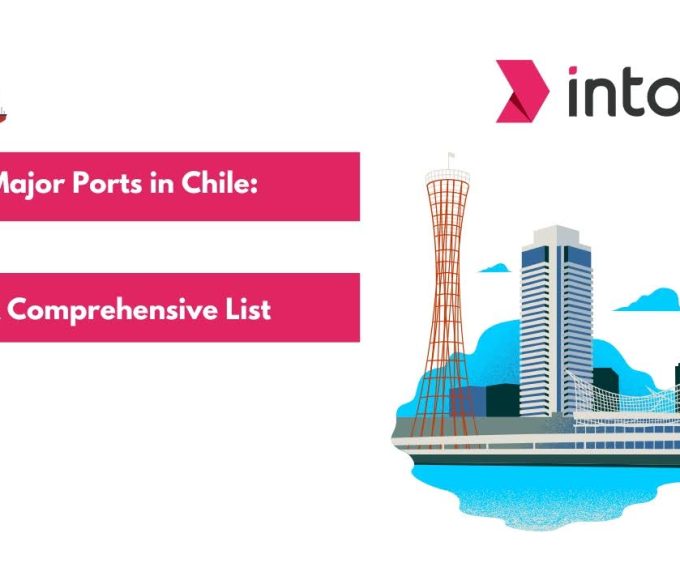
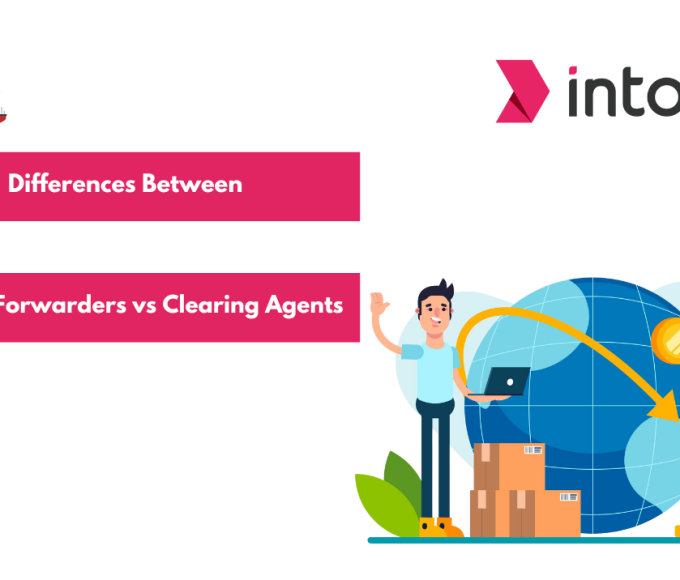
Leave a comment